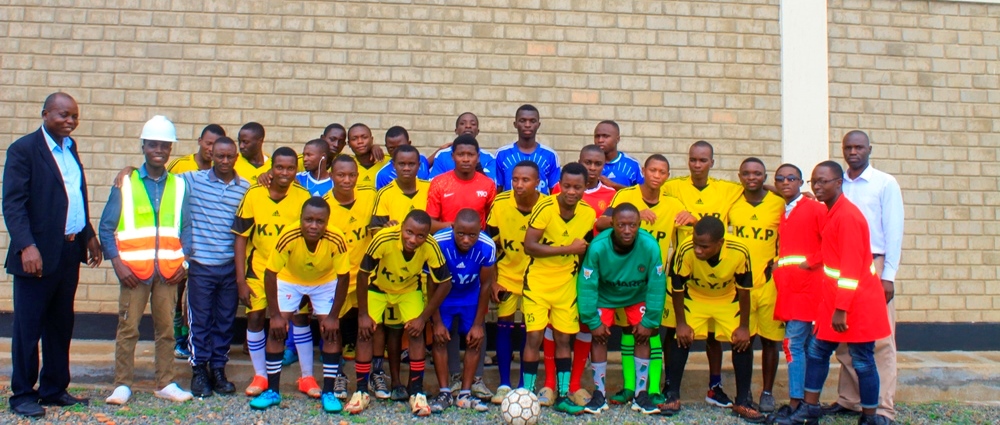
Our co-curriculum activities program covers all students in the institution
Examples of co-curricular activities that our students are engaged in include sports, musical activities, debate, community service, religious study groups, charitable fundraising, projects, drama, clubs, and hobbies such as cookery and dance. Because these are not examined in the same way that the academic curriculum is and most of them take place outside lessons, such activities are voluntary.
By contrast, extra-curricular activities are less well organized and funded, being entirely voluntary for students and taking place outside the school timetable. School staff may be involved in running extra-curricular activities, but there is no obligation on them to do so and they do not normally receive extra pay for it. Clubs and societies in Kasese Youth Polytechnic fit this definition, as do non-academic activities in most schools and colleges throughout the world.
At Kasese Youth Polytechnic we think co-curricular activities prepare students practically for the future; as the normal curriculum only teaches and educates students about academic theories. We believe students whose only experience of school is one of rigid academic study may not be able to apply what they have learned in practice. We also believe that there will be an improvement in the student ability to grasp things as a whole, because students will have received a more rounded education, work in teams, to exercise leadership, and to take the initiative themselves.
Most co-curricular activities are physically active, getting the student out from behind their desk and making them try new things. This is healthy and ensures that students are exposed to practical tasks, not just what is taught in class. The outcome of giving the co-curriculum the same status as the curriculum will therefore be well balanced individuals.
The broad education that the co-curriculum can provide is better preparation for life in a society where an individual may change career several times in their life. Students must therefore have a fundamental grasp of multiple skills. For instance, athletes who had their career cut short due to mishaps might venture into business, having had co-curricular experience of entrepreneurship as part of their education. Speech and debate clubs might give a doctor or engineer the communication skills to move into broadcasting, teaching, or even politics. Placing more emphasis on the co-curriculum thus ensures a variety of possibilities for young people to choose from instead of being side lined. Examples include: Badminton, Basketball, Cricket, Cross Country, Football, Hockey, Netball, Swimming, Tennis, Volleyball to list but a few.
